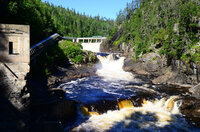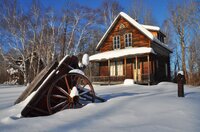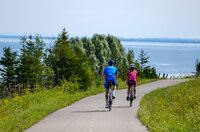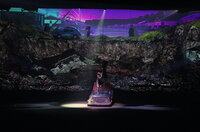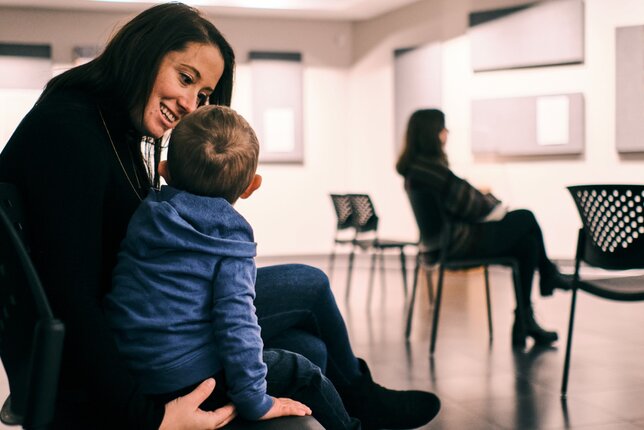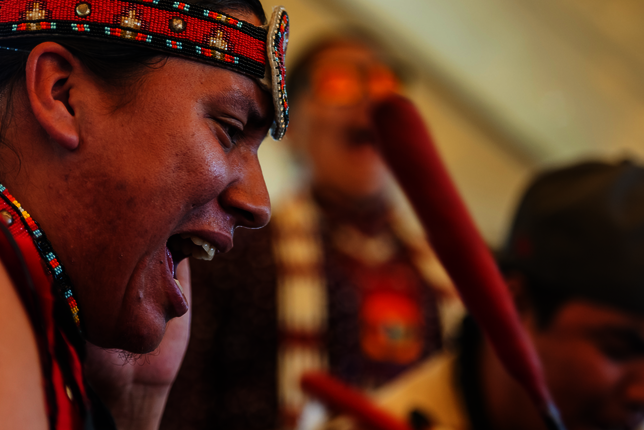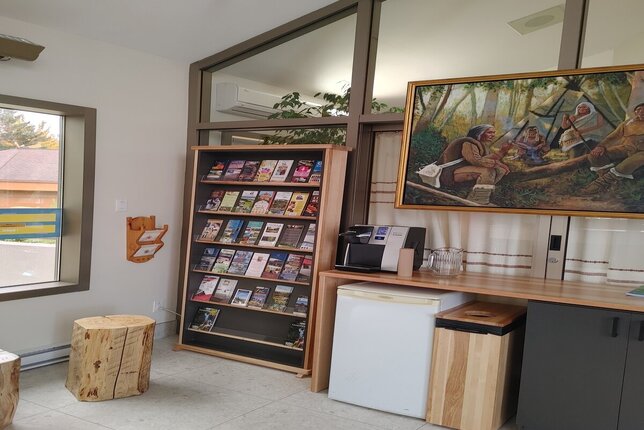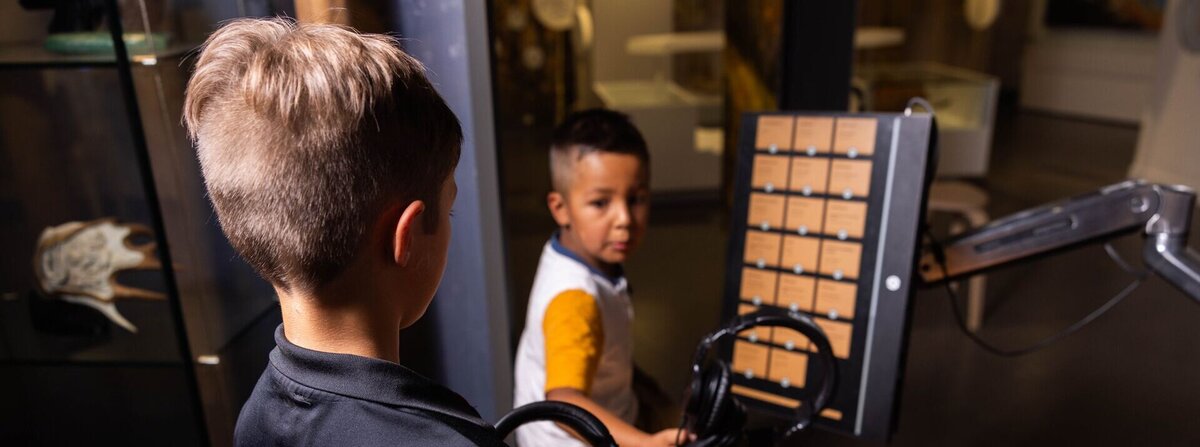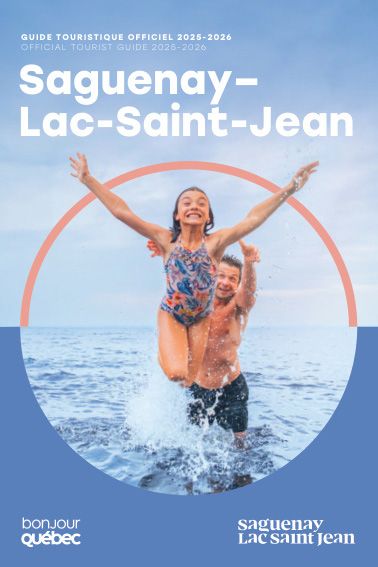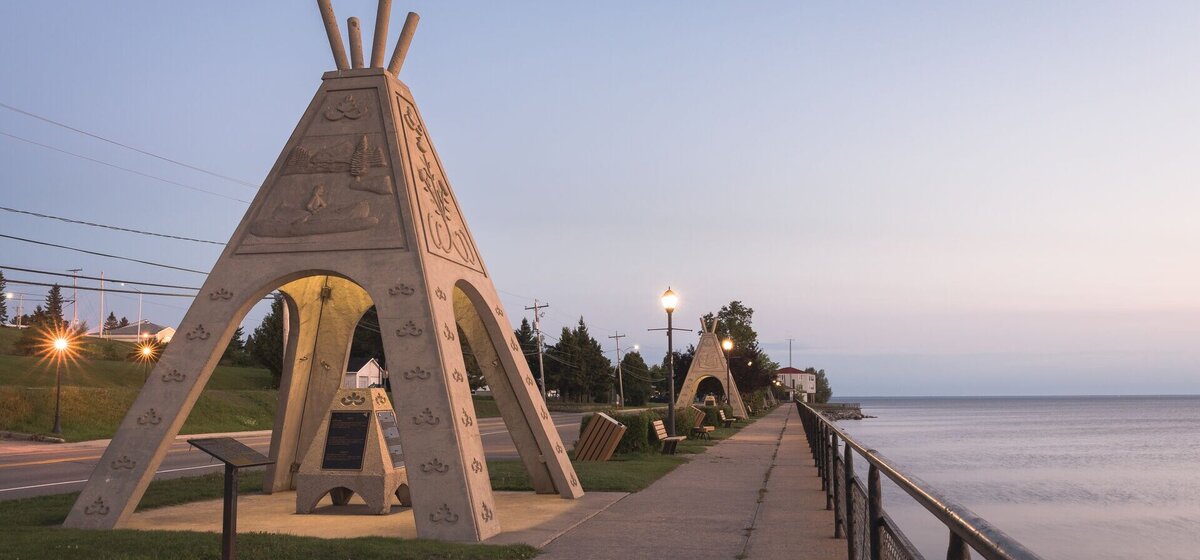
Kuei! Tan eshpalin? In ilnu, that's how you'd say "Hello! How are you?"
Human occupation of the Saguenay–Lac-Saint-Jean region goes back much further than European colonization. Around 5,000 years ago, the history of this people began on the shores of Mashteuiatsh (meaning "where there's a point"). The inhabitants of this community are the Pekuakamiulnuatsh, meaning the humans of Pekuakami (Lac Saint-Jean).
Mashteuiatsh is still home to the region's largest First Nation community. With its distinctive point jutting out into Lac Saint-Jean, this well-situated location was long an important fur-trading point, as well as a meeting place for many of Quebec's First Nations. The point is brimming with history, and the community is quick to honor the site's history in a variety of ways.
The traditional language of the Pekuakamiulnuatsh is Nelueun. Deeply rooted in their culture, Nehlueun is linked to the territory, as Nitassinan is the fundamental place for the transmission of traditional knowledge. The Pekuakamiulnuatsh have an emotional and spiritual bond with their territory, since it is part of the cultural heritage transmitted by their ancestors. As a result, their language is based on their experience, history and culture.
A few words in nelueun
Man (human being)
Pronunciation : Il-nou
Men (human beings)
Pronunciation: Il-nouts
Our land, our territory (used to speak with people who are not part of the First Nation)
Pronunciation: Nn-tssi-nanne
Our land, our territory (used when First Nation members talk to each other about the territory)
Pronunciation: Tche-tssi-nou
